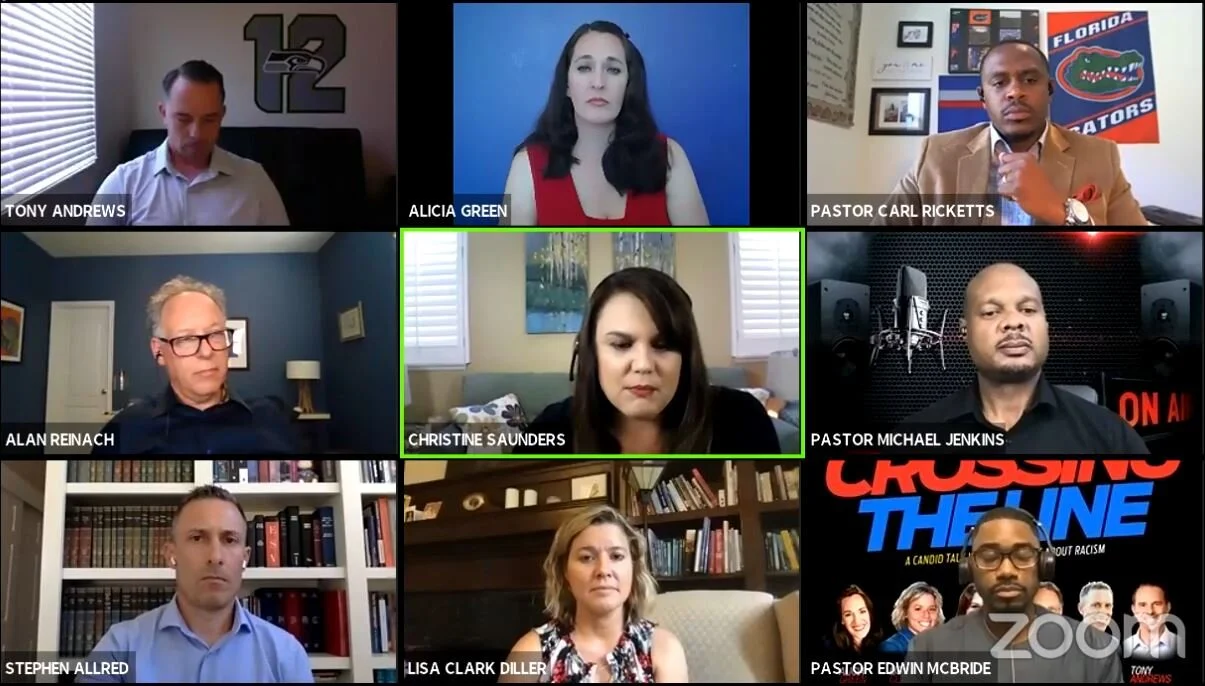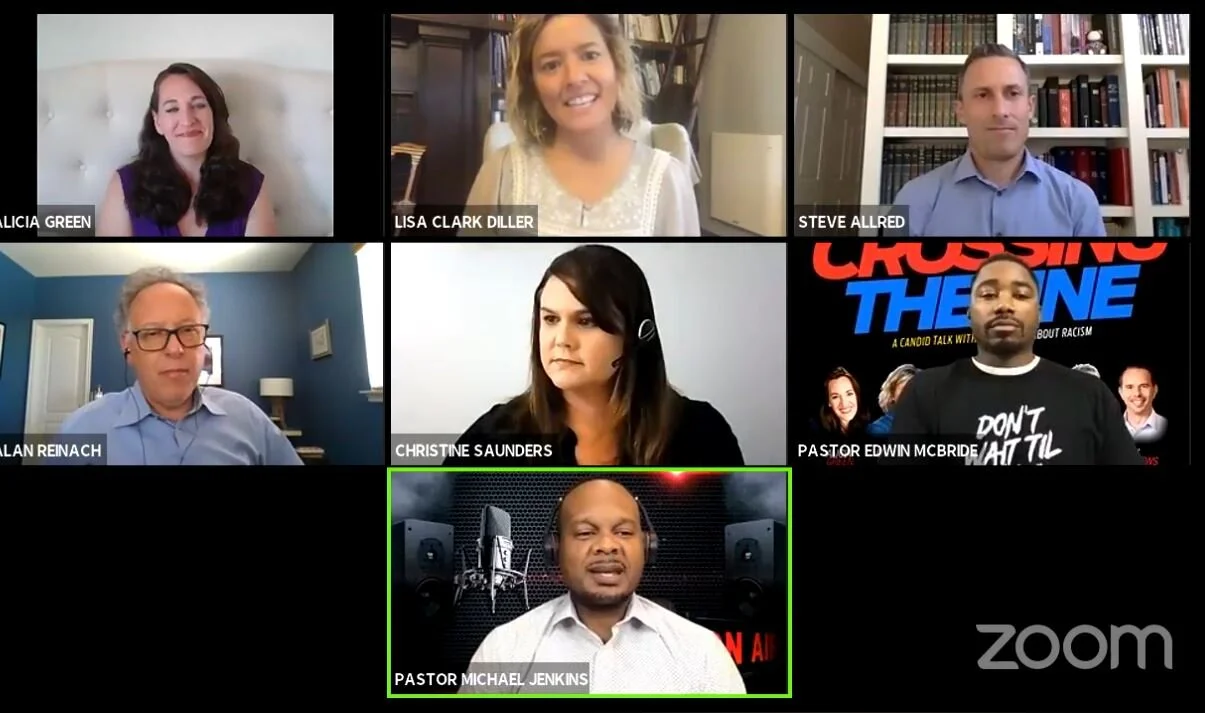What I Can/Can't Do
Karah lives in a rural Appalachian town where nationalism and personal freedoms are highly valued and diversity and non-violence aren’t popular. The town is filled with people who stop to help each-other change tires, high levels of drug addiction, friendly coffee shops, many gun stores, active church groups, cheerful cashiers, a neo-Nazi group, a large artisan community, a cross section of all kinds of people.
I cannot convince the gun store owner who puts up monthly billboards with harmful messages of fear and racism to take them down.
I couldn’t convince my daughter’s classmate that immigrants from Honduras are not coming to take his future job and resources.
I cannot use my Sharpie marker to make improvements to some of the bumper stickers I’ve seen in the WalMart parking lot.
I wasn’t able to shift a conversation with a man intent on evangelizing for a local area alt-right church (but I could at least leave the shop where I was accosted).
I can’t tear down the massive newly placed Trump/Pence signs that have continue to appear since November 4.
I struggle to have open and honest conversations with family members who seem to have chosen allegiance to a particular politician above a theology.
I couldn’t even convince a close Christian friend that the simple act of wearing a mask is an act of love to our neighbors.
At a peaceful protest for Black Lives Matter in downtown.
Experiences over the past few years have left me feeling handicapped and impotent. If I can’t encourage someone in close proximity to me to move in the direction of compassion or understanding, what am I even doing?
My own values, beliefs, and actions have been shifted by moments that seem almost imperceptible. A conversation in a grocery store, a story shared over dessert, a podcast from a friend, a book, or just observing people in public spaces. I am growing into the person I am because life has been teaching me so much. But. . . . social and relational tensions feel higher than usual. Gentleness and lighthearted connections seem so rare.
It’s been easy for me to tumble into feelings of helplessness. What difference am I making? Does my one little life have any power for good? It took making a pencil-to-paper list to be reminded that there is so much I can do.
I can pause to recognize each person (no matter the billboards or bumper stickers, no matter the feuds or the false data, the mask or the unmasked) is a precious and holy Creation. As is.
I can listen to the stories quietly shared and ask questions to learn more.
I can speak up and share personal stories and experiences that have shaped and challenged my own thinking.
I can protest and exercise my Constitutional freedom to speak for a better world.
I can write letters to leaders prioritizing things I’m passionate about, or asking them to reconsider a position or a vote. I can thank leaders for working toward a more just and kind country.
I can challenge my reading of scripture by listening to different teachers and hermeneutics.
I can welcome agnostics and atheists, fundamentalists and federalists, and hungry strangers and friends into my home for soup and bread and conversation.
I can seek connections with those who have not had the same experiences as me, and I can position myself to learn.
Good conversation in small groups beside a waterfall
I can hold grace and compassion for myself and the growth I have yet to know. I can hold gentleness and love for those around me who don’t see the world or their neighbors the same way I do.
The promise was never that it would be easy, but peacemakers are world changers. I’ve found tender comfort in the companionship of Jesus, knowing that the path He walked was just as divisive, just as political, and even more lonely and isolating. And in this technological age, I’ve also discovered that community and encouragement is just a click away.











